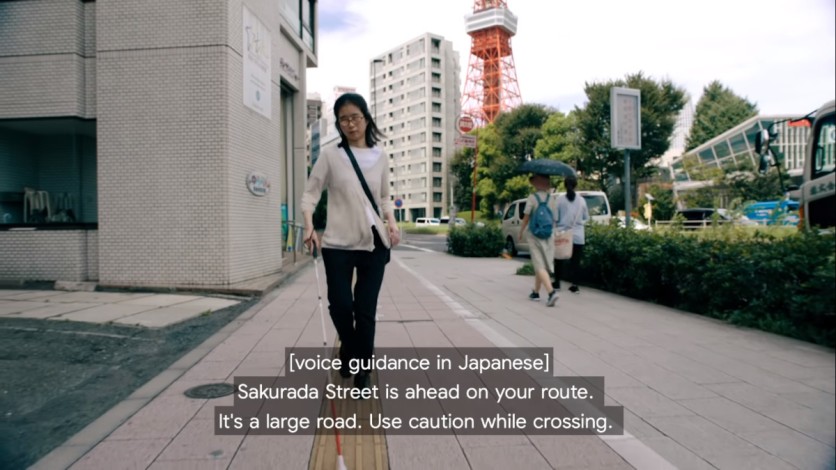
People with visual impairments can now navigate the streets and safely get to their walking destinations by using Google Maps.
On Thursday, Oct. 10, for World Sight Day, Google rolled out a new feature that gives more detailed voice guidance to those who cannot rely on their vision to move around the city.
Google Maps Detailed Voice Guidance
"As a legally blind woman living in Tokyo, I know that getting around unfamiliar environments can be a challenge. I can easily commute from my front door to my desk at work; it's a trip I take regularly and know well," wrote Wakana Sugiyama, a business analyst at Google, in a blog post. "But going some place new and unfamiliar can be an intimidating experience without sight to guide you."
Detailed voice is the first Google Maps feature to be developed by and for people with visual impairment. Users who turn the feature on will constantly be notified if they are following the correct route until they get to their destination. The app will also let users know the direction they are walking in, the distance until the next turn, and if there is a large intersection ahead.
Google Maps will provide visually impaired users periodic alerts, announcements, and warning throughout the journey.
"Frequent updates like these not only help a visually impaired person get from A to B, they can also give us more confidence and reassurance when we travel alone," added Sugiyama.
To start using the new feature, users can go to the app's settings and select "Navigation." At the bottom of the list, there should be an option that says "Detailed Voice Guidance."
Google Maps users can now access the new feature on iOS and Android. Right now, detailed voice guidance is only available in English (United States) and Japanese (Japan), but Google is currently working on adding more languages and countries.
Apple Also Working On Adding New Features On Maps
Apple is also reportedly developing its own Maps app to be more accessible to people with visual impairment. The trillion-dollar Cupertino-based company previously filed a patent for "touch-based exploration of maps for screen reader users."
According to the World Health Association, at least 2.2 billion people around the world experience vision impairment or blindness. Majority of them are over the age of 50.
ⓒ 2026 TECHTIMES.com All rights reserved. Do not reproduce without permission.




